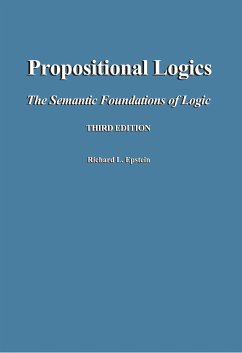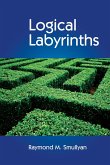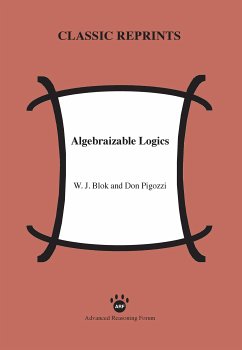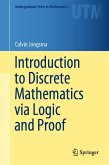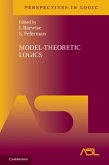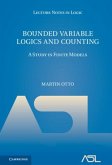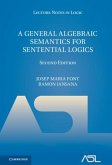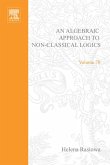This book presents the history, philosophy, and mathematics of the major systems of propositional logic. Classical logic, modal logics, many-valued logics, intuitionism, paraconsistent logics, and dependent implication are examined in separate chapters. Each begins with a motivation in the originators' own terms, followed by the standard formal semantics, syntax, and completeness theorem. The chapters on the various logics are largely self-contained so that the book can be used as a reference. An appendix summarizes the formal semantics and axiomatizations of the logics. The view that unifies the exposition is that propositional logics comprise a spectrum: as the aspect of propositions under consideration varies, the logic varies. Each logic is shown to fall naturally within a general framework for semantics. A theory of translations between logics is presented that allows for further comparisons, and necessary conditions are given for a translation to preserve meaning. For this third edition the material has been re-organized to make the text easier to study, and a new section on paraconsistent logics with simple semantics has been added which challenges standard views on the nature of consequence relations. The text includes worked examples and hundreds of exercises, from routine to open problems, making the book with its clear and careful exposition ideal for courses or individual study.
Dieser Download kann aus rechtlichen Gründen nur mit Rechnungsadresse in A, B, BG, CY, CZ, D, DK, EW, E, FIN, F, GR, H, IRL, I, LT, L, LR, M, NL, PL, P, R, S, SLO, SK ausgeliefert werden.

